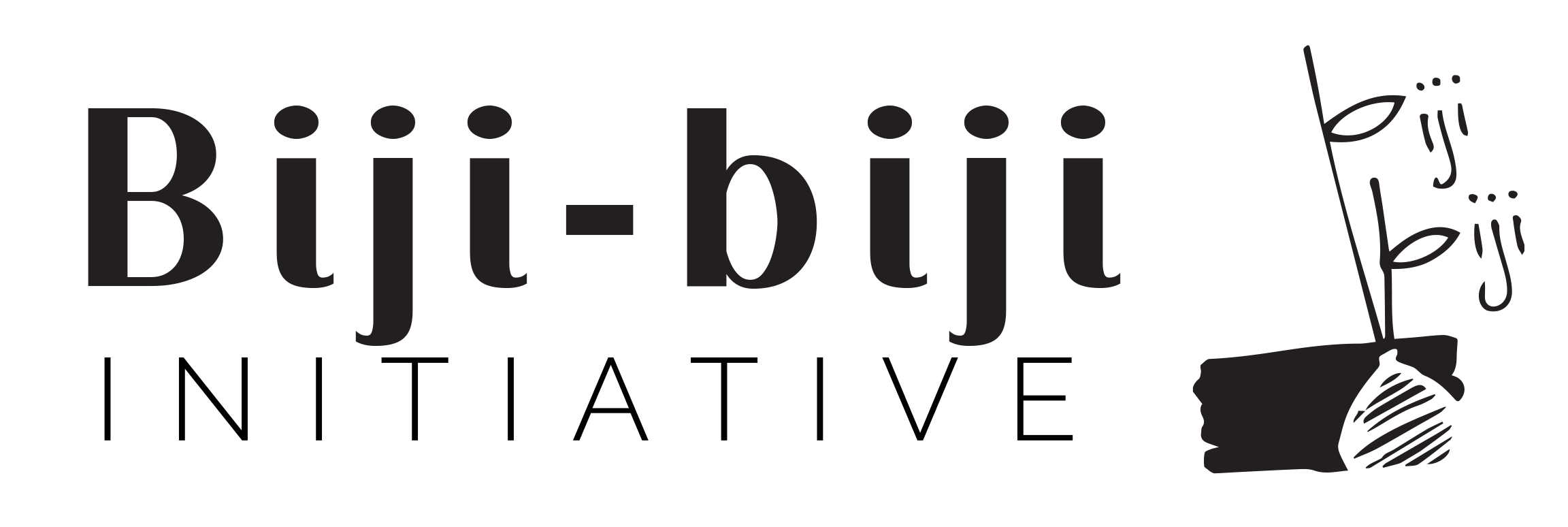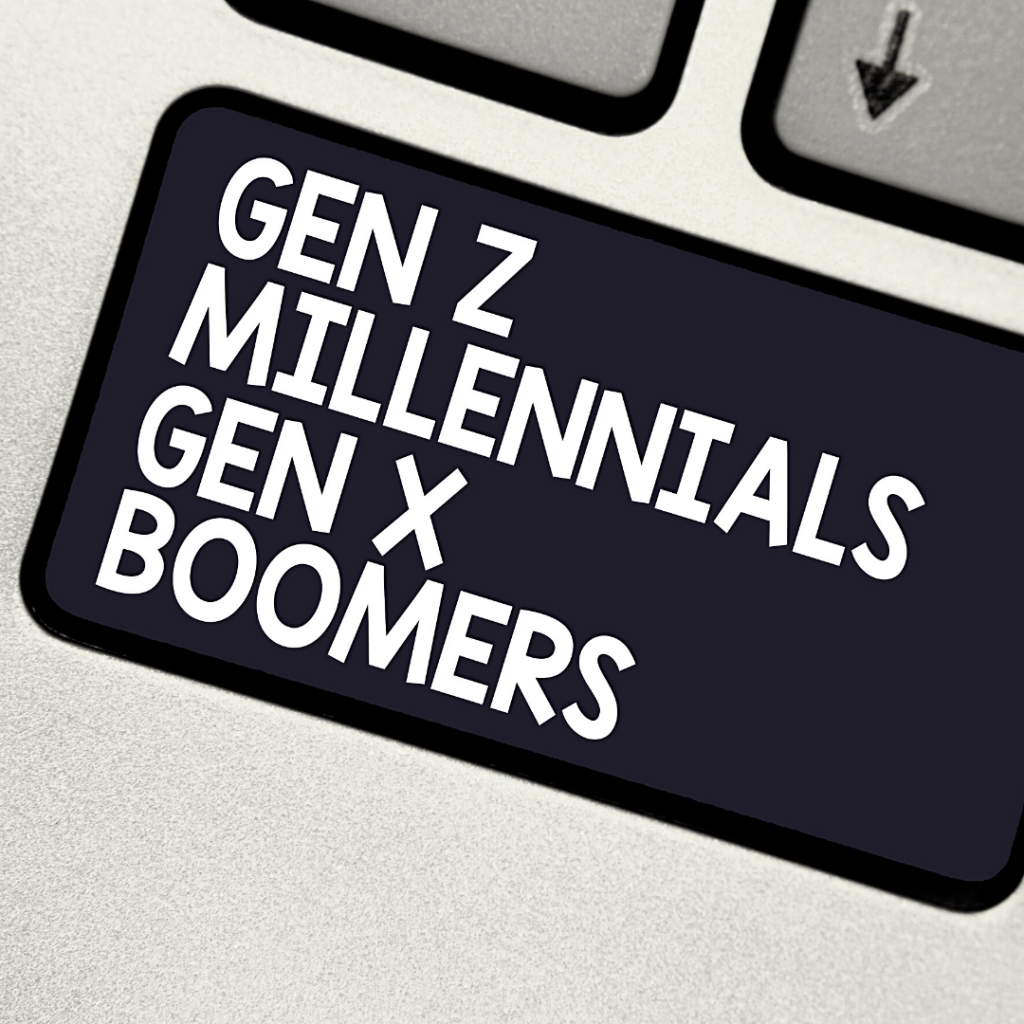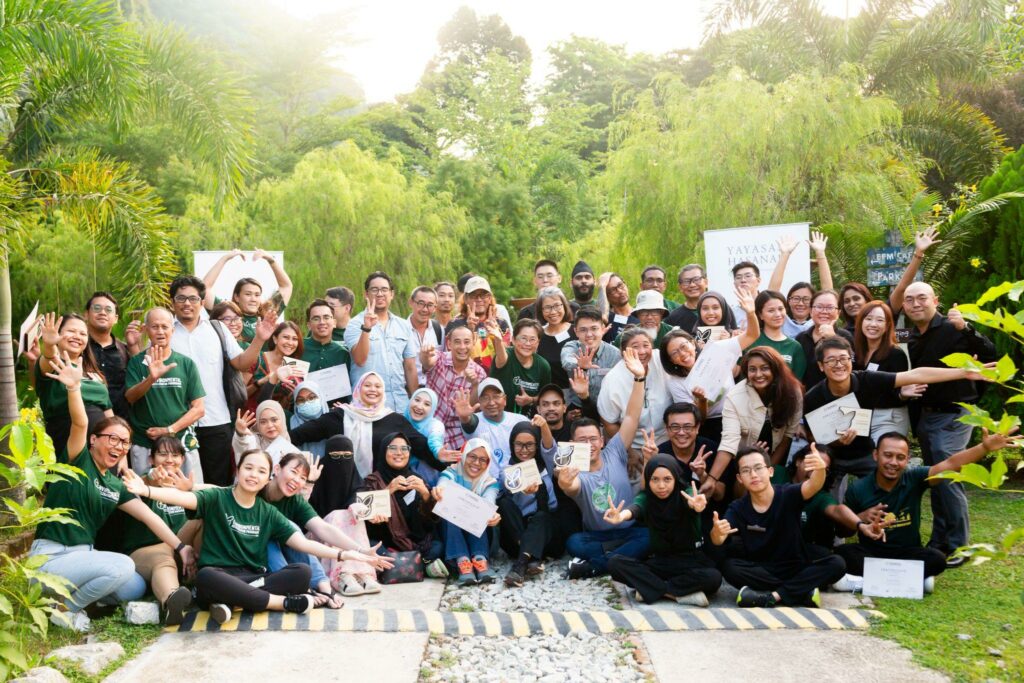For a while, Millennials and members of Generation Z have been roped together as a category of young adults.
While Millennials and Gen Z do match up in some ways, the coming of new decades has also demonstrated differences between the two generations.
Generational cutoff points, as suggested by the Pew Research Center, are important to distinguish the two generations due to key political, economic and social factors that define the Millennial generation’s formative years.
For instance, most Millennials were old enough to understand the historical significance of the 9/11 terrorist attacks while Gen Zs have almost no memory of the event.
Similarly, just like how Millennials entered the workforce in the face of economic recessions, Gen Zs face different economical landscapes as they come of age (circumstances are also very different now as we face a global pandemic).
In general, the experiences Millennials and Gen Zs grow up with shape their life choices, future earnings and entrance to adulthood.
Millennials x Gen Z x Biji-biji Initiative
At Biji-biji Initiative, our primary audience (i.e., you!) comprise a mix of Millennials and a budding category of younger Gen Zers joining us on our journey of creating positive social impacts in our society.
In welcoming positive shifts, it is just as essential for us to understand Millennials and Generation Z the best that we can as we continue our efforts in social entrepreneurship and change-making.
Millennials and Gen Z are different yet so alike in ways. This article will explain where Millennials and Gen Z end and begin; we’ll be highlighting several differences and similarities between these two generations of our time.
Who are the Millennials?
Millennials, also known as Generation Y (coming after Generation X) are those born between 1981 to 1996.
In 2020, Millennials fall in the age group of 24-39. The millennial generation is the largest age group to emerge after the Baby Boomers.
In general, Millennials are well educated, skilled and well-versed in technology, able to multitask and are primed to do well by doing good – almost 70% of them say that giving back and being civically engaged are their highest priorities.
Millennials also believe that productivity should not be measured by the number of hours worked at the office; they strive for a more flexible work schedule.
What is Generation Z?
Generation Z is a generation of individuals born after 1996 (or between 1995 and 2012), which will soon surpass Millennials as the most populous generation on earth.
In 2019, Gen Z outnumbered Millennials by comprising 32% of the global population of 7.7 billion, and 48% of Gen Z identifies as racially or ethnically diverse.
They are the first generation of true digital natives after the Millennials – members of Gen Z are born straight into a world with internet, social networks, and mobile systems, exposing them to a world of digital connectivity at the earliest onset.
Being a part of Generation Z may mean many things.
One of the greatest highlights is the amplified role of digital connectivity and online platforms in the lives of members of Gen Z.
According to McKinsey, being digitally native has created a hypercognitive generation comfortable with staying online and connected, receiving many sources of information and integrating virtual and offline experiences.
How do the Millennials and Gen Zs Compare?
In this next section, let’s find out how these two generations match up or differ from each other in terms of work, sustainability, and aspects of life.
Gen Z and Millennials At Work
Millennials are rather notoriously known as the “job-hopping generation” as they are more likely to be alright with moving from organisation to organisation without truly being attached.
Millennials are likely to move around in terms of their work as they demonstrate lower engagement rates in the workplace. Gallup has found that only 29% of millennials are engaged at work.
This means that only about three in 10 are emotionally and behaviorally connected to their job and company.
Gen Z, however, is currently entering the workforce at a critical time in the evolution of work, especially now as the global pandemic continues to impact perceptions of work and productivity.
A study carried out in 2018 by the Network of Executive Women (NEW) in partnership with Deloitte found that yes, money and salary are important to Gen Z.
However, because of the environment in which this generation came of age, other things such as work-life balance, flexible hours, perks and benefits matter just as much.
The study also mentions Gen Z’s preferred career development in terms of having diverse and entrepreneurial opportunities with the safety of stable employment, while Millennials gear toward early-stage companies and startups.
Moreover, as digital natives, Gen Zs are drawn toward working in the tech industry – 51% of those surveyed has rated technology as a top industry in which to work, and at the same time, they are attracted to work that supports greater good such as education (41%) and healthcare (37%).
A tangible shift in values
According to NEW and Deloitte’s study, core values of Gen Z are changing as well – more priority is placed upon social activism more than in previous generations.
In this case, Gen Z no longer truly forms opinions of a company solely based on the quality of their products/services but also on the company’s ethics, practices and social impact.
Actions speak louder than words, too – companies and brands that walk the talk will only truly win the hearts of Gen Zers.
Essentially, it is best to not talk about sustainability if you are not doing sustainable practices.
In a podcast interview, a partner in McKinsey’s Miami office, Bo Finneman, emphasized a detectable shift in values among the Gen Z generation, indirectly reshaping what corporate responsibility looks like.
“They’re looking beyond tangible products and actually trying to understand what is it that makes the company tick. What’s its mission? What’s its purpose? And what is it actually trying to build for us as a society?”
This very authenticity in the Gen Zers comprise trends that began with Millennials over the last few years, says Emma Spagnuolo, an associate partner in McKinsey’s New Jersey office.
Now, as Gen Zs make their entry into the world, they are highlighting and accelerating values that were not considered a dealbreaker before.
On spending money
According to Goldman Sachs Global Investment Research, Millennials have been found to be more reluctant to purchase items such as cars, music and luxury goods. It’s more about access instead of ownership – millennials prefer services that provide access to products without actually owning them.
This gives rise to the concept of a “sharing economy”.
This trend of putting off larger purchases is also reshaping the hierarchy of needs. For instance, about 30% of Millennials do not intend to purchase a car in the near future, while only 40% considered purchasing a house as “extremely important”.
Gen Z is more willing to spend on luxury goods.
There is a difference in the purpose of it between Millennials and Gen Zs, though – Gen Zs are found to pride individuality over the notion of simply displaying a certain luxury brand.
Finneman finds Gen Z individuals’ authentic spirit in wanting to understand who they are buying from “tremendously discerning and disciplined”.
Even if we are not from Gen Z, we could probably learn a thing or two about asking questions such as, “If I am going to spend money, do I want it to go toward a company that stands for something I believe in or not?”
Statements such as these also highlight the willingness to pay among Gen Z individuals. In general, Gen Z is found to be more willing to spend more on their purchases.
In a way, this would make sense. When more consideration and thought is put into purchases, it seems to also open the aperture to say, “since I’m spending it on something I believe in, it will be worth it.”
Thoughts on sustainability
A vast majority of Millennials (about 73% of them, actually) are willing to pay more for sustainable goods.
According to ThredUp’s 2018 Fashion Resale Report, Millennials also thrift shop more than any other generation, yet they are also a fashionably impulsive and wasteful generation. The report mentioned that individuals from ages 18 to 34, on average, only wear an item one to five times before discarding it.
On the surface, this may seem like a terrible combination, yet Millennials have found ways to offset that wasteful behaviour that destigmatizes owning pre-loved goods.
Through a combination of a love for shopping, thrift shopping creates opportunities to give unwanted clothes a second life through thrifting.
Apart from driving the thrifting industry, millennials are, in general, great drivers of sustainable growth.
This paves the way for Gen Zs in their shifting values of brands, products and services that align more with qualities needed for more ethical and sustainable production of goods.
It is noteworthy to mention here, though, that while Millennials are more willing to spend, it is not always the case that they have the money to buy into high-end sustainable brands.
Gen Zs are said to be more concerned with sustainability more than Millennials, and this trend will only continue to move forward.
Physical and mental wellness
Millennials consider wellness a daily, active pursuit – they are found to be exercising more frequently, eating healthier and even smoking less.
Millennials are also taking care of themselves differently. In general, they are found to be more willing to spend money on fitness, healthy food and self-care.
In terms of mental wellbeing, Gen Z is significantly more likely to report their mental health as fair or poor (27% report that this is the case), as compared to Millennials (15%) and Gen Xers (13%).
They also have the highest rate of diagnosed depression, followed by anxiety.
Worldwide, 85% of Gen Z point out that stress prevents them from taking on leadership responsibilities.
As more open discussions about mental health emerge, it would make sense that Millennials and Gen Zs are more attuned to their own mental health than previous generations as well.
About 37% of Gen Z and 35% of Millennials reported that they have received treatment or therapy from a psychologist or other mental health professional.
Millennials and Gen Zs For Our Future
While understanding certain characteristics of Millennials and Gen Zs may not seem to contribute much on a larger scale, the world that follows the COVID-19 pandemic may prove to be challenging for the younger generation.
But what we’ve also seen is the amazing attitudes, resilience and the steadfast way of an uncompromising determination to succeed that we truly believe will lead us to a smarter, more sustainable and conscious future.
Since the very beginning of Biji-biji Initiative, our troop of volunteers and interns leave a lasting impact on our organisations, and vice versa.
We have been made better because of their enthusiasm, passion and involvement. We have come a long way and it was due in part because of remarkable people who were a part of our journey, who also – perhaps not coincidentally – comprise of millennials and Gen Zs.
Many of them credit Biji-Biji as the place of their sustainable awakening and some have changed paths, ignited by the infectious Biji-Biji fire to make the world a better place.
Let us know if some characteristics, behaviours and values match up with yours!




